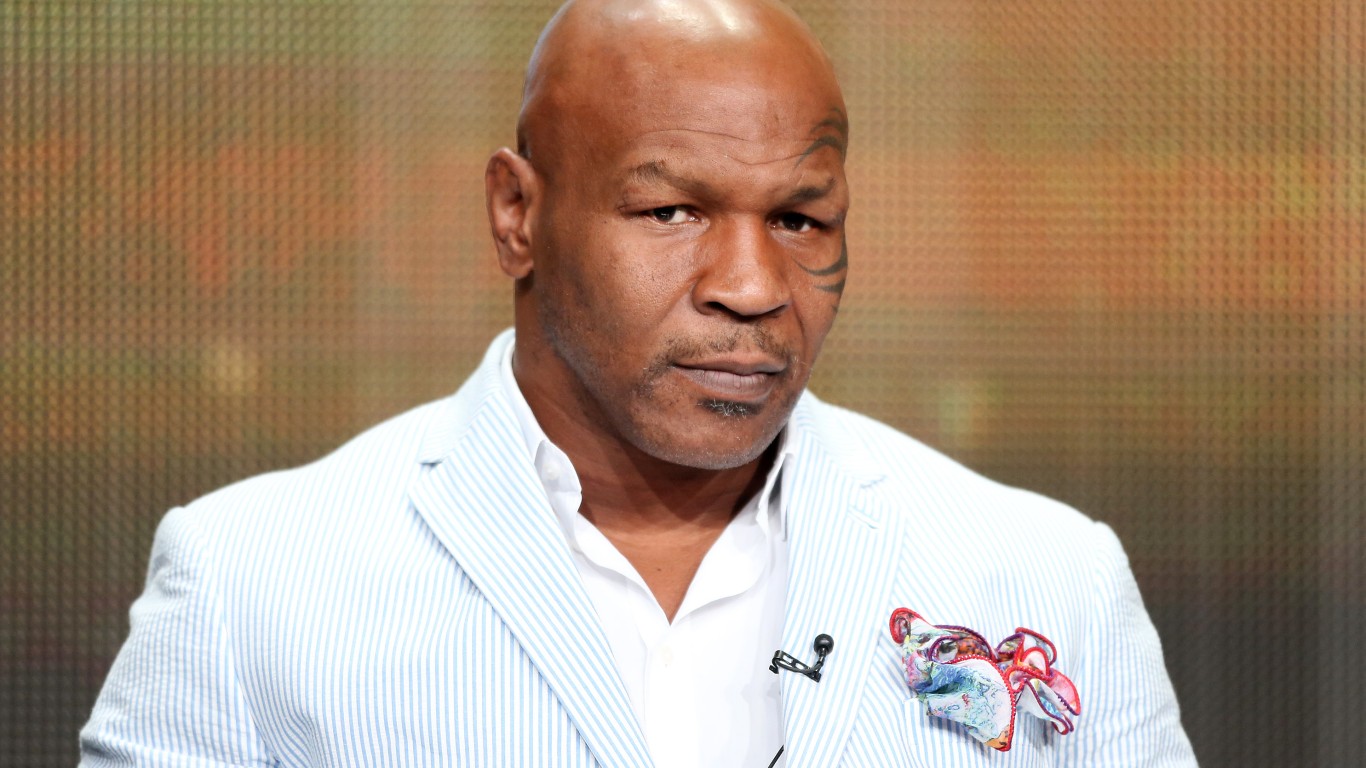
As the economy as whole was shut down for much of the spring, innovation was on hold and most people were waiting out the pandemic stuck at home. The stay-at-home economy picked at this time, and a few industries definitely reaped the reward. One such industry was video games.
There is nothing better to do when stuck at home than to knock out a few hours of heists in “Grand Theft Auto V,” connect with some friends for a “Battle Royale” in Fortnite, or even explore Hyrule in “Legend of Zelda: Breath of the Wild.” These are all excellent ways to spend the excess of downtime that the world is experiencing. With that said, the companies behind these games, products and consoles definitely saw a boost in sales, and it may not even be over yet.
The next generation of consoles is on the way this fall, just in time for the holidays. Gamers, from novice to seasoned veterans, will need new headsets, games, keyboards and more. The brand new consoles are obviously the key selling point, but with these comes the rest of the gear.
To draw a parallel, the video game consoles go through a supercycle similar to that of Apple’s iPhone. In this case, a new generation of video game consoles comes out every five-to-eight years, bringing better graphics, new games and everything else that companies want to build around these platforms.
24/7 Wall St. has put together a list of companies that could stand to benefit from this upcoming console supercycle.
Microsoft Corp. (NASDAQ: MSFT) and Sony Corp. (NYSE: SNE) are leading the way with the Xbox Series X and PlayStation5, respectively. Nintendo may be left in the dust, but there are rumors that it may be debuting a new version of the Switch later this year. In fact, one analyst downgraded Nintendo for this reason. However, it is worth pointing out that as big as Microsoft is, video game consoles are not where it makes its money, so don’t expect an outsized impact here.
Advanced Micro Devices Inc. (NASDAQ: AMD) makes this list as it is the company manufacturing the chips that power these consoles for the next generation of gaming. This stock has seen incredible growth over the past few years, and with this continued momentum, the sky is the limit. AMD stock closed Thursday at $57.26, in a 52-week range of $27.43 to $59.27. Analysts have a consensus price target of $54.40.
Activision Blizzard Inc. (NASDAQ: ATVI), Take-Two Interactive Software Inc. (NASDAQ: TTWO) and Electronic Arts Inc. (NASDAQ: EA) are three of the biggest video game producers in the world. With a new line of consoles, gamers will need new games, and these companies will be selling the goods.
Activision Blizzard stock closed Thursday at $80.64, in a 52-week range of $44.81 to $80.74. The consensus price target is $80.59.
Take-Two stock closed at $150.76. It has a 52-week range of $100.00 to $151.30 and a consensus price target of $149.61.
Electronic Arts stock was last seen trading at $138.80. The 52-week range is $85.69 to $139.07, and analysts have a consensus target of $132.84.
Turtle Beach Corp. (NASDAQ: HEAR) and Logitech International S.A. (NASDAQ: LOGI) may not be household names but they are heavily involved with the gaming community. Turtle Beach specializes in headsets for gaming, but it also deals in keyboards, mice and other accessories. Logitech specializes in the keyboards, mice and accessories, but it also makes headsets too. These companies are two sides of the same coin.
Turtle Beach stock closed Thursday at $16.97, in a 52-week range of $4.05 to $17.16. The consensus price target is $19.20.
Logitech stock closed at $67.48, with a consensus price target of $71.50. The 52-week trading range is $31.37 to $67.55.
Lastly, the stores selling all these consoles and goods could see a boost as well. Not to mention, analysts are expecting to see a surge in TV demand in the second half of 2020 and into 2021 for 60-inch screens and up. Best Buy Co. (NYSE: BBY) is the go-to store for anything consumer electronics related. The chain has reported huge sales in the past when the console wars first began. GameStop Corp. (NYSE: GME) could be another beneficiary from console and gear sales as well, if anything this could prop up this struggling specialty retailer.
Best Buy stock closed at $84.95, within a 52-week range of $48.11 to $91.99. The consensus price target is $87.29.
GameStop stock closed at $4.21. The 52-week range is $2.57 to $6.92. The consensus analyst target is $4.12.
Thank you for reading! Have some feedback for us?
Contact the 24/7 Wall St. editorial team.
 24/7 Wall St.
24/7 Wall St.
